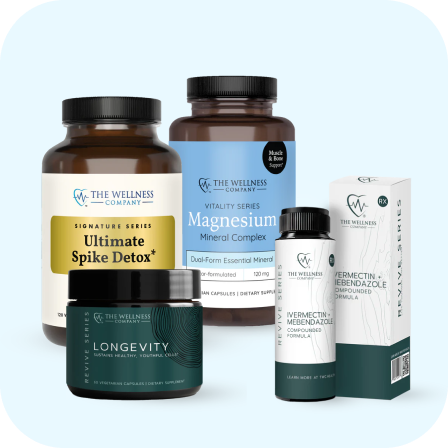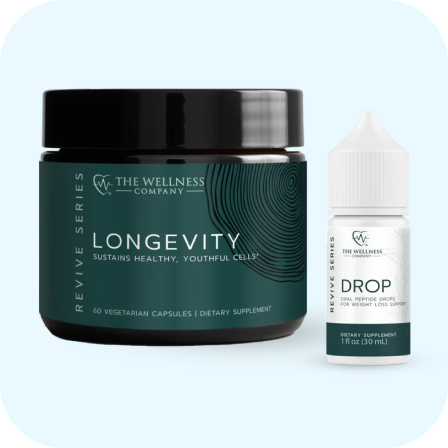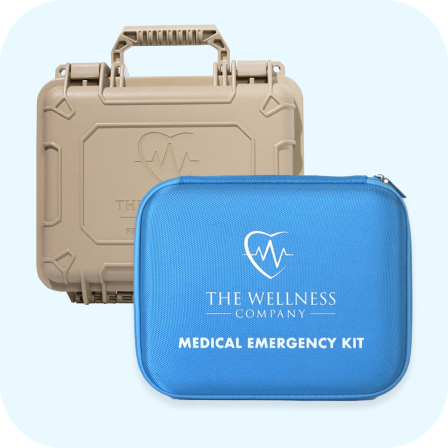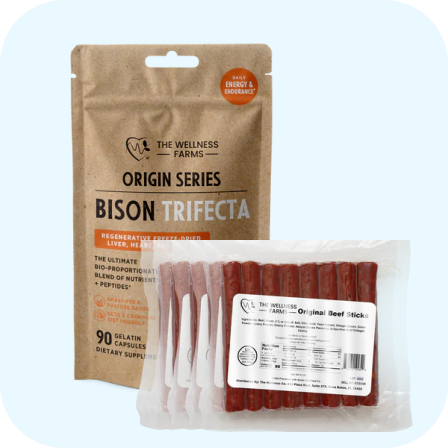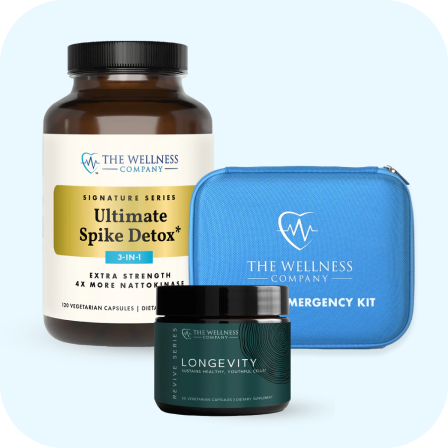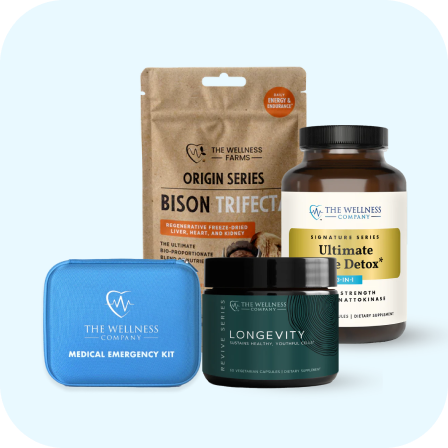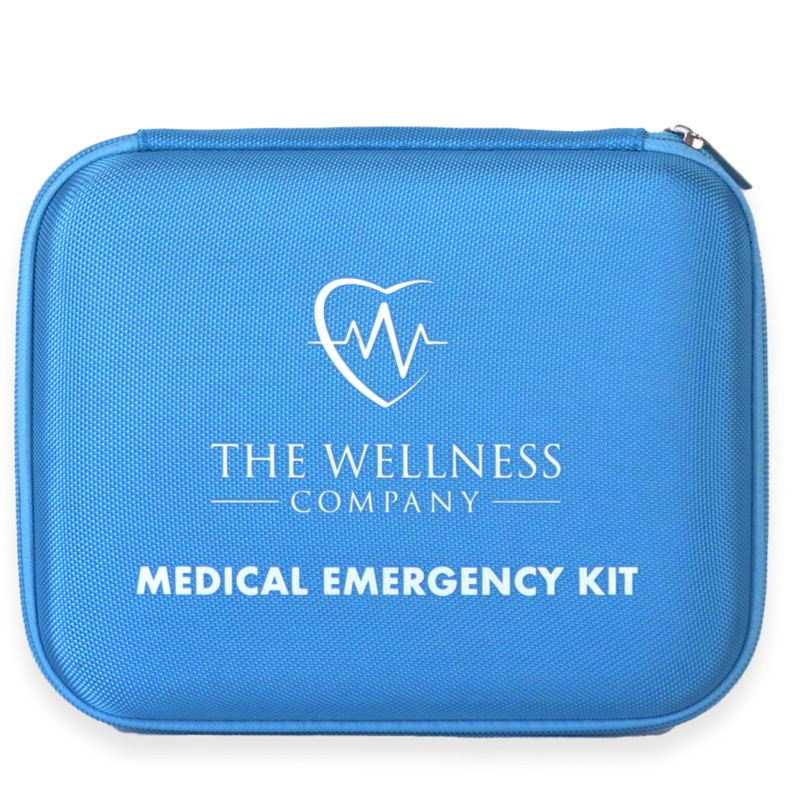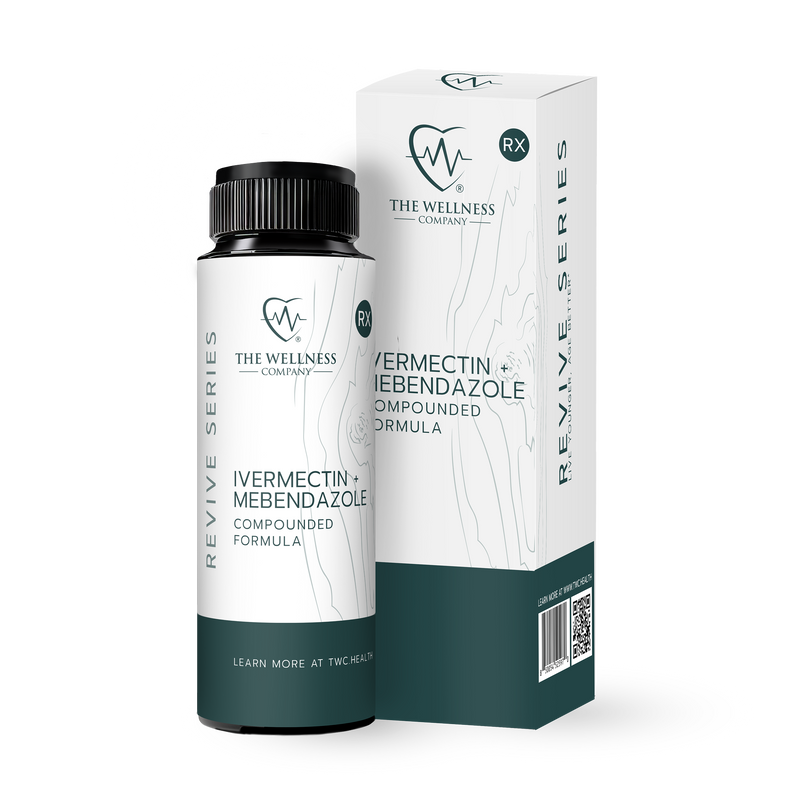Protein: The Most Important Macronutrient?
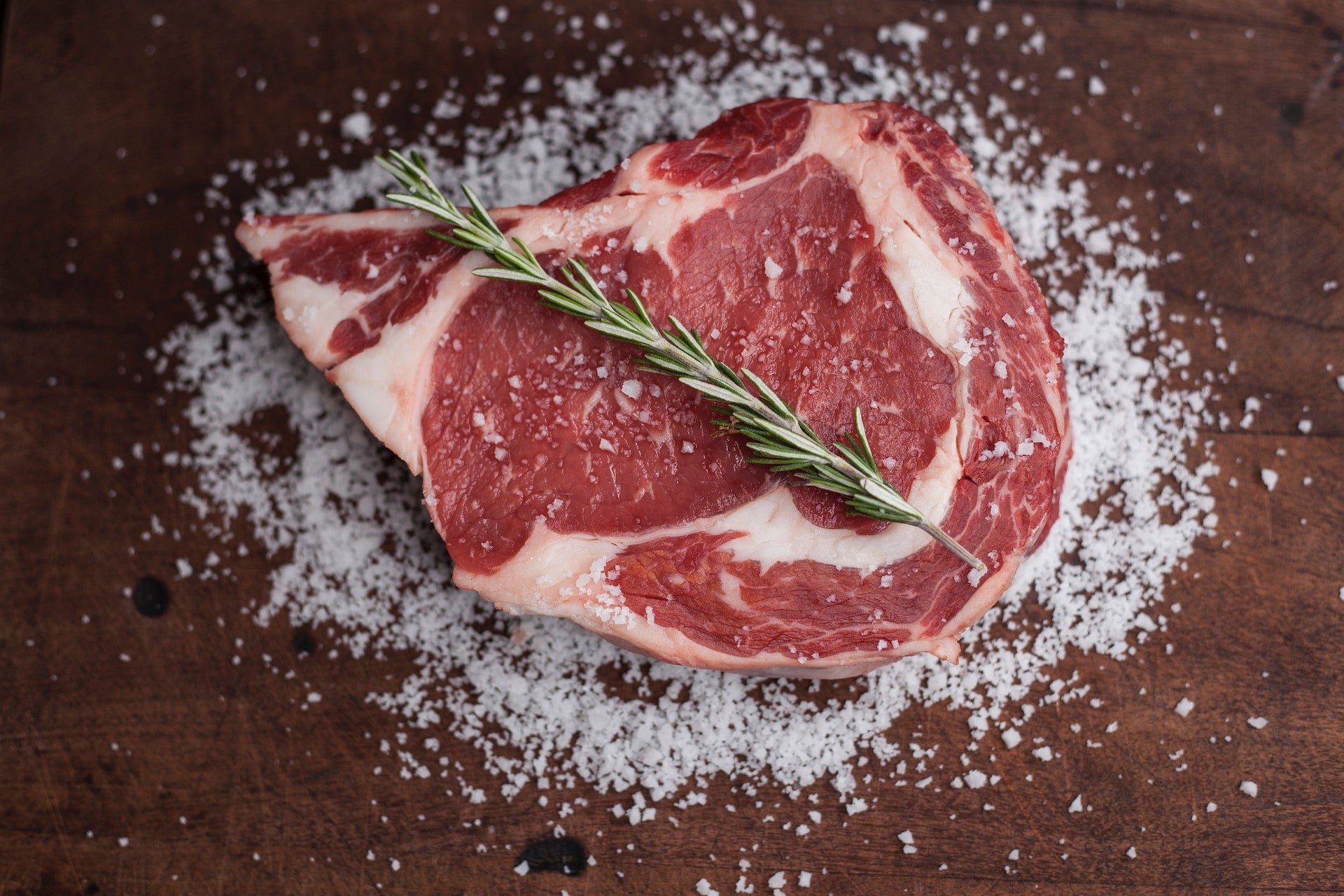
Let's begin by stating one of the few things on which most health and wellness enthusiasts can agree: the world of nutrition can be utterly confusing. It often seems like for every expert endorsing a particular diet or nutrient, there's another who just as passionately disagrees. But in this maelstrom of conflicting nutritional advice, there's one area where consensus tends to converge: the importance of protein.
Protein and Aging: The Battle Against Sarcopenia
As we age, our muscles naturally deteriorate in a process called sarcopenia. From our 30s onward, if left unchecked, we can lose 3-5% of our muscle mass every decade. The consequences? Reduced strength, mobility issues, and an increased risk of falls and fractures. For context, check out the image below, comparing the leg muscles of a sedentary person versus a lifelong exerciser.

Source: Wroblewski et al, 2011
But here's the good news: you're not powerless in this fight. Research indicates that in addition to strength training, dietary protein intake plays a crucial role in counteracting muscle loss. The reason for this is that protein forms the building blocks of our muscle architecture. Most experts agree that for optimal muscle maintenance in older adults, protein intake should be at least 1-2 grams of protein per kilogram of body weight per day. It's important to note that there's significant controversy over this figure.
Carnivore, Vegan, Pescatarian: There's Protein for Everyone
Whatever your values and and specific dietary choices, meeting your protein requirements is entirely achievable.
Carnivores: If the majority of your diet centers around meat, it's obviously easy to reach your protein goals. Animal sources like chicken, beef, and pork are protein-rich and contain all essential amino acids, making them a complete source of protein.
Pescatarians: Fish and seafood are not just excellent protein sources; they also provide omega-3 fatty acids. Salmon, for instance, boasts about 22 grams of protein per 3-ounce serving.
Vegans: Plant-based diets can still be protein-rich, but require a bit more planning in order to meet your protein needs. Lentils, chickpeas, quinoa, and tofu are all excellent choices. A mix of different plant proteins can ensure you're getting all the essential amino acids.
How Much Can Your Body Absorb in One Serving?
The "30 grams per serving" figure is commonly thrown around, but it's a simplification. Our body's protein absorption depends on several factors, including the type of protein, our current muscle state, and overall diet. Most research, including findings published in The Journal of the International Society of Sports Nutrition, suggests that spreading out protein intake throughout the day can be more beneficial than loading up in one meal. They recommend 0.4 grams per kilogram bodyweight per meal.
Practically speaking, just making sure you're getting some high-quality protein with 2-4 meals per day is a good rule of thumb. If it's a struggle to do this using whole foods, there's nothing wrong with using a protein powder to cover your bases!
Are All Proteins Created Equal?
All proteins are not created equal, at least when it comes to absorption and amino acid profile.
Before we dive into comparing protein sources, it's essential to understand some basic biochemistry. Proteins are made up of what are called amino acids, which are often referred to as the building blocks of proteins. There are 20 different amino acids, and while our body can produce some of them, nine are considered "essential," meaning we must get them from our diet, because we don't make them naturally. A "complete protein" refers to a protein source that contains all nine of these essential amino acids in sufficient amounts.
For vegans and vegetarians, the challenge often lies in ensuring they get all the essential amino acids, as many plant-based proteins are not "complete" on their own. However, by combining different plant protein sources, like rice and beans, they can get a complete protein profile.
How quickly a protein gets absorbed is another consideration. Whey protein, for instance, is quickly absorbed, making it a popular post-workout choice. Casein, on the other hand, releases amino acids slowly, so many people trying to gain muscle take it later in the day to enhance recovery overnight.
Ultimately, the "best" protein source often comes down to personal preferences, dietary restrictions, and individual health goals.
The Bottom Line
While the debate rages on about fats, carbs, and the ideal diet, most experts nod in agreement about the importance of protein. As we age, it's not just about maintaining a youthful appearance; it's about preserving our strength, autonomy, and overall quality of life. So, whether you're grilling a steak, sautéing tofu, or enjoying a lentil soup, remember: you're fuelling your body's defenses against the ravages of time.
Video: Are You Eating Enough Protein? | The Peter Attia Drive Podcast
References
[2] Schoenfeld, B. J., & Aragon, A. A. (2018). How much protein can the body use in a single meal for muscle-building? Implications for daily protein distribution. Journal of the International Society of Sports Nutrition, 15(1), 10.







